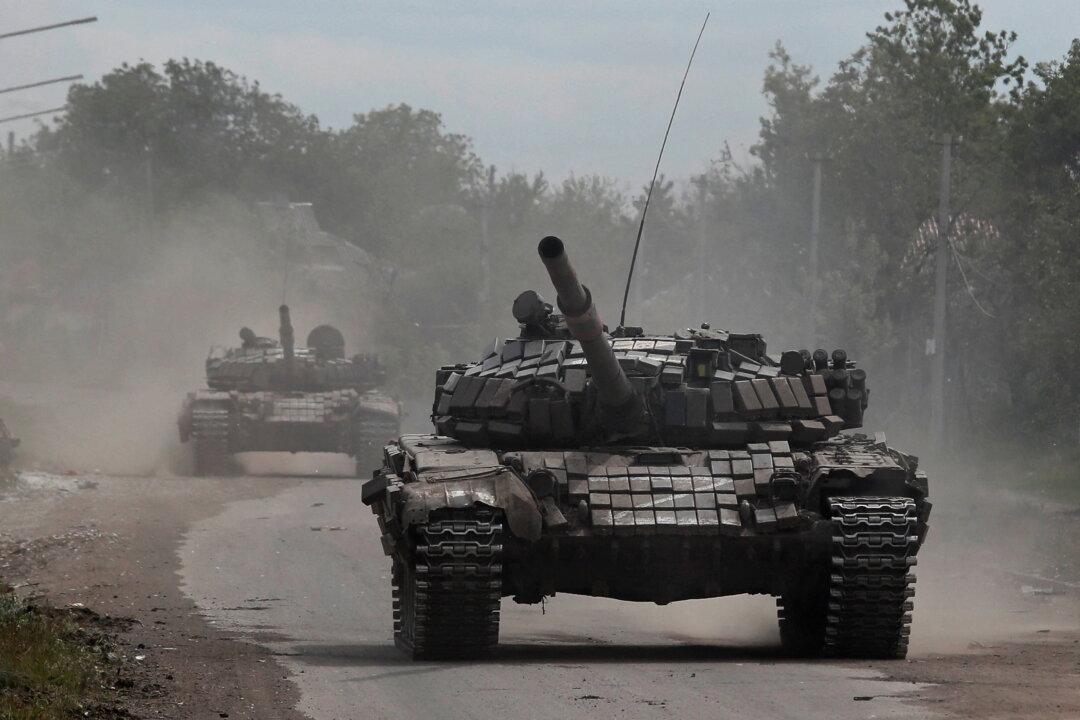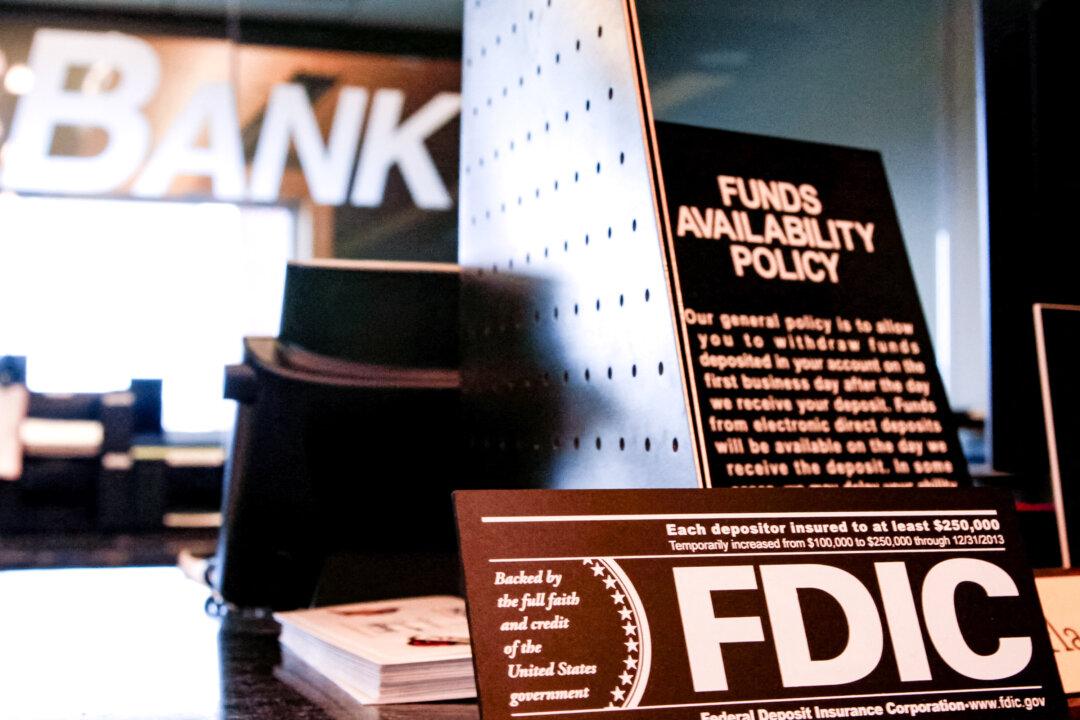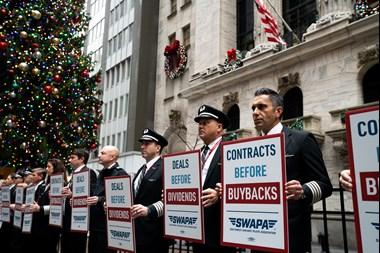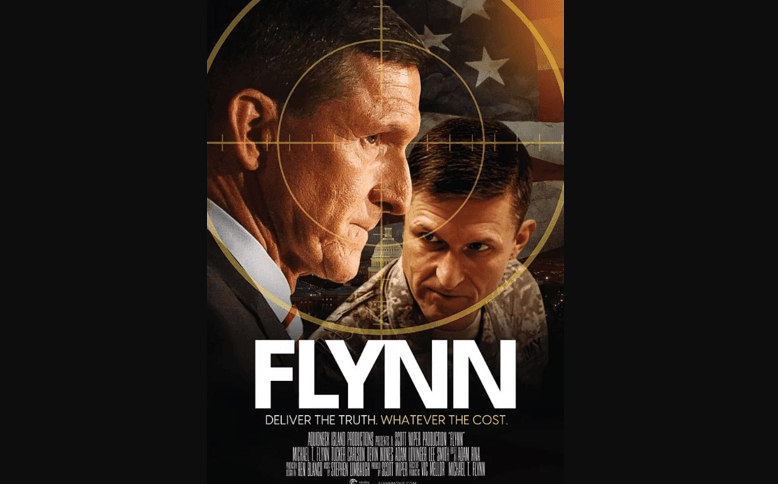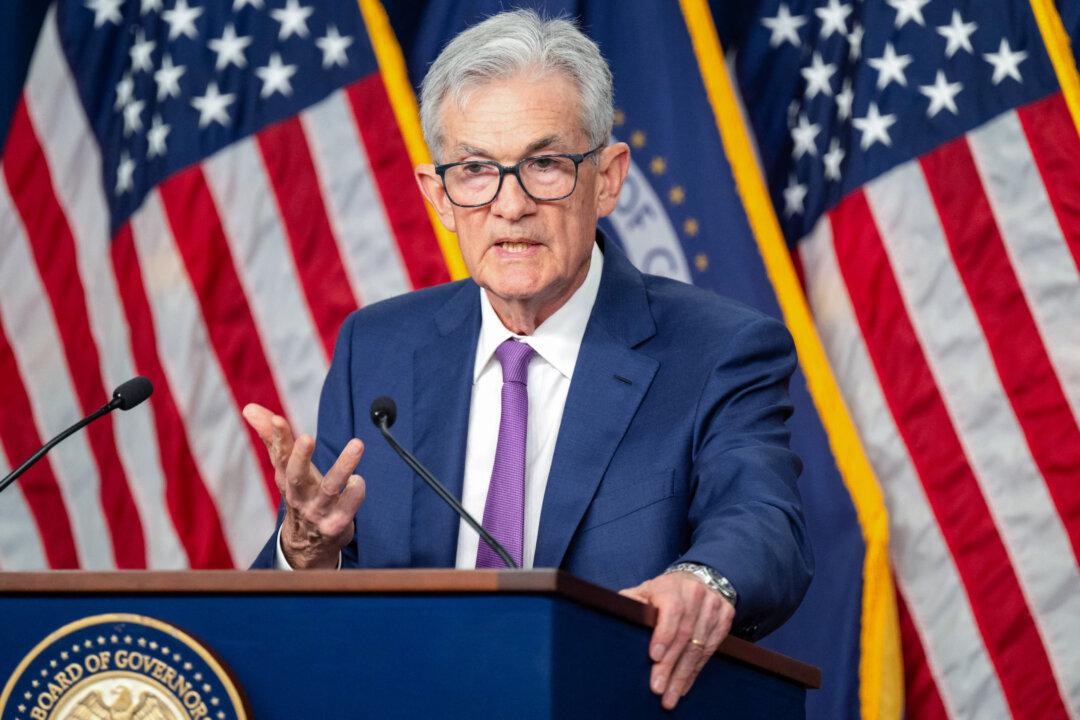Commentary
The chattering classes seem to have limited to two the scope of socially acceptable options for discussion on the Ukraine/Russia war: 1) to continue the war of attrition, or 2) to escalate the conflict by attacking Russia in a strategic manner, preferably with NATO engaging directly with Russian forces. So, war or more war.
